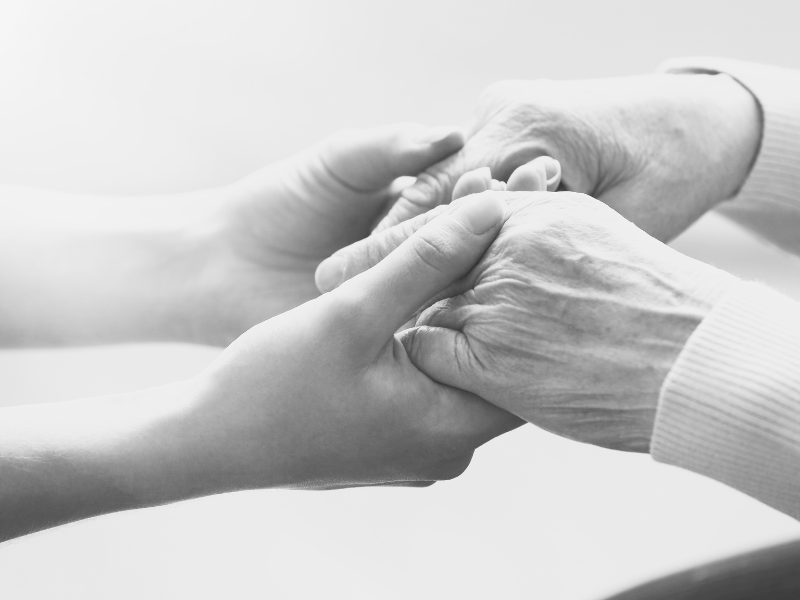Grieving the loss of a loved one is a profoundly challenging experience that impacts both physical and mental health. Embracing mindfulness can be a powerful tool to help navigate this difficult time. Here are some practical tips and self-care strategies to support your well-being during grief.
The Role of Exercise
Regular physical activity is a cornerstone of self-care. Exercise can significantly reduce stress, improve mood, and boost energy levels. Consider incorporating simple activities into your routine:
- Walking: A daily walk in nature can provide a peaceful environment to process your thoughts.
- Yoga: Gentle yoga practices can help stretch and relax your body while promoting mental clarity.
- Stretching: Regular stretching can alleviate physical tension and encourage a sense of relaxation.
Importance of Nutrition
Maintaining a balanced diet is crucial for overall health, especially during times of grief. Focus on consuming nutritious foods to support your body and mind:
- Fruits and Vegetables: These provide essential vitamins and minerals that boost immune function and energy.
- Lean Proteins: Foods like chicken, fish, and legumes can help maintain muscle mass and energy levels.
- Whole Grains: Whole grains such as oats, brown rice, and quinoa offer sustained energy and support digestive health.
- Hydration: Staying hydrated is essential for maintaining energy and cognitive function. Avoid excessive caffeine, sugar, and alcohol, which can exacerbate feelings of anxiety and depression.
Self-Care Strategies
Taking time for self-care is vital in the grieving process. Here are some strategies to consider:
- Rest: Prioritise sleep by creating a calming bedtime routine. This could include activities like reading, taking a warm bath, or listening to soothing music. Aim for consistent sleep patterns to improve sleep quality.
- Mindfulness Practices: Incorporating mindfulness techniques can help manage stress and emotional pain. Consider these methods:
- Meditation: Regular meditation can help calm the mind and provide a sense of peace.
- Deep Breathing: Practising deep breathing exercises can reduce anxiety and promote relaxation.
- Journaling: Writing down your thoughts and feelings can be a therapeutic way to process grief and reflect on your emotions.
Building a Support Network
Staying connected with friends and family is essential during the grieving process. Sharing your feelings and experiences with trusted individuals can provide comfort and perspective. Don’t hesitate to reach out to your support network when you need it.
- Talk About Your Feelings: Open up to friends and family about your emotions. Honest conversations can provide mutual support and strengthen relationships.
- Join Support Groups: Consider joining a grief support group where you can connect with others who are experiencing similar losses. Sharing stories and coping strategies can be incredibly beneficial.
- Stretching: Regular stretching can alleviate physical tension and encourage a sense of relaxation.
Seeking Professional Help
If you find it difficult to cope with grief, seeking professional support can be invaluable. A counsellor or therapist can provide guidance and strategies to manage your emotions and navigate the grieving process.
- Counselling: Professional counselling offers a safe space to explore your feelings and develop coping mechanisms.
- Therapy: Different therapeutic approaches, such as cognitive-behavioural therapy (CBT), can help address negative thought patterns and promote healing.
Embracing mindfulness and prioritising self-care are essential steps in managing grief. By incorporating exercise, maintaining proper nutrition, practising mindfulness, and seeking support, you can navigate this challenging time with greater resilience. At Walter Carter Funerals, we are here to support you through every step of your journey. Visit our Grief & Bereavement page to learn more.
